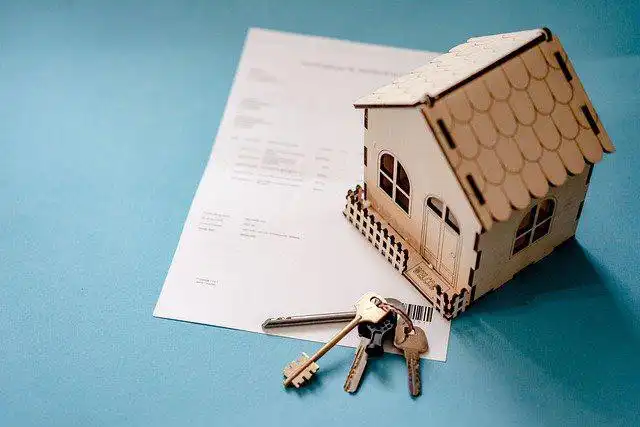
Everybody and their next-door neighbour has a story about a property rental situation gone south. “Too many people assume ‘tenant troubles’ are par for the course if you’re renting out a property or that, inversely, landlords are all difficult to deal with and not sufficiently concerned with the interests of the tenants, but that’s a myth that needs to be laid to rest,” says Giel Viljoen, Rentals Principal at Leapfrog Stellenbosch.
He explains that it is always in the best interest of both the tenant and the landlord to be on the same page where matters related to the rental agreement are concerned and that a mutual understanding and respect of its terms and conditions make for a more pleasant experience all-round.
The rental agreement is the foundation of this professional relationship and needs to be unambiguous, relevant and designed to protect the interests of both the tenant and the landlord in equal measure.
Viljoen highlights the five main points in the rental agreement that need to be clearly understood and agreed upon by all parties.
-
The rental amount
Landlords need to be very clear about the exact monthly rental amount and what that amount includes and excludes, while the onus is on the tenant to ensure they fully understand what they will be required to possibly pay extra for.
Tenants should not assume that charges like water, electricity, levies and even maintenance is included in the rental amount. Viljoen also points out that tenants may be charged for once-off expenses like the cost of drawing up the lease agreement, having keys cut or remotes programmed. He advises tenants to ask the landlord to list all the costs in writing for greater transparency, together with when each is payable and whether it’s likely to recur annually.
-
Lease period
Most landlords prefer that tenants sign a lease for a fixed period of say 6 or 12 months, opposed to a month-to-month agreement. “Life happens though and sometimes that contract needs to be terminated early, which is why it’s useful to know what the implications of doing so are,” Viljoen says.
There may be penalties payable upon early termination, but this should then be stipulated in the agreement. “Typically early termination results in forfeiting the security deposit but this isn’t set in stone, as some landlords will only charge a small ‘early exit fee’ or ask that the tenant help to find a replacement,” according to Viljoen.
Tenants also need to take note of the notice period, as stipulated in the lease agreement. It is useful to bear in mind that the Consumer Protection Act does make provision for the tenant to terminate the agreement upon giving 20 business days’ notice, though the agent may then claim for any losses suffered.
-
Annual increases
While tenants expect the rental amount to increase annually, an unexpectedly high increase can obviously place great financial strain on the tenant, which is why it’s a good idea for the tenant to ask the landlord if a maximum annual rent increase can be agreed upon and noted in the rental contract.
Viljoen says that a reasonable landlord is usually open to committing to a maximum rent increase, especially for conscientious tenants who always pay on time and take care of the property. Landlords should take their cue for rental increases from prevailing market conditions and inflation.
-
Rules regarding pets
The question around pets is almost always a tricky one. If pets are allowed on the property the agreement needs to stipulate what type of pet, as well as how many pets are permitted. “Sometimes when an agreement says ‘no pets’ tenants take that to assume that animals like fish, birds and rodents are allowed, which may not be the case,” Viljoen says.
Even in cases where pets are allowed, especially in estates and complexes, there may be additional rules around the number of pets allowed on the property. This should all be noted in the agreement and if anything is unclear the tenant must be sure to get clarity from the landlord.
-
Responsibility for maintenance
Typically, any maintenance on a rental property is the responsibility of the landlord but it pays to make double sure that this is the case. “Maintenance becomes tricky when the need for it is the result of the tenant’s neglect or abuse of the property,” Viljoen says.
Discuss possible scenarios and responsibilities with the landlord before signing the rental agreement and keep the lines of communication open at all times. “Notify the landlord of maintenance issues as soon as they arise,” Viljoen advises.
Ultimately, the purpose of a rental agreement is to serve as a watertight contract that protects the interests of both parties. Ensure all are familiar with its clauses and conditions, and remember that forewarned is forearmed!
Author: Leapfrog Property Group

